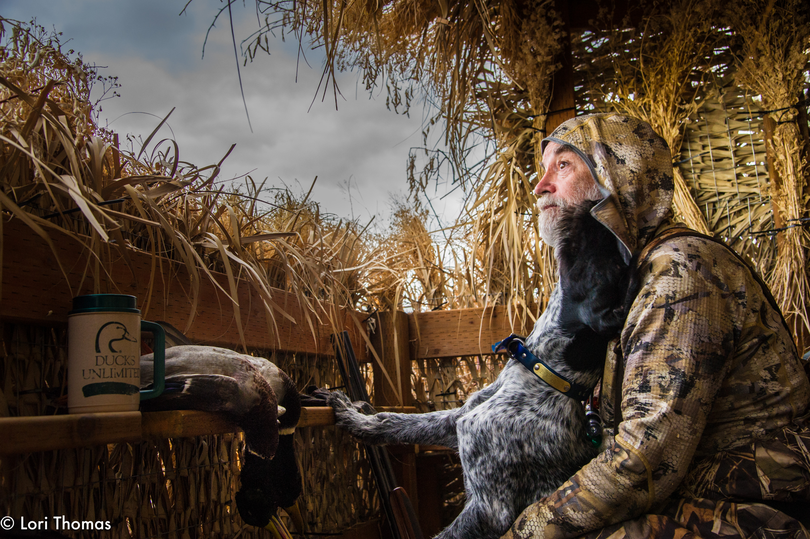Duck Unlimited fires columnist for targeting sportsman access dispute with rich donor

CONSERVATION -- As you read this disturbing report, remember that public access to public resources is a cause that should be championed not snubbed by conservation groups.
HELENA, Mont. – Ducks Unlimited has cut ties with a longtime field editor and columnist for the conservation group’s magazine after he wrote an article critical of a former board member’s legal fight over public access on his land in Montana.
Don Thomas, a Lewistown, Montana, writer said Wednesday the Ducks Unlimited magazine editor who fired him on Monday told him the article published last month in the magazine Outside Bozeman upset its subject, media mogul Jim Kennedy, the chairman of Cox Enterprises.
Kennedy is a former board member and a contributor to Ducks Unlimited. He owns a Montana ranch and is involved in a lawsuit over public access to the Ruby River where it crosses his property, and Thomas’ article accused Kennedy of believing that Montana laws do not apply to rich people.
Ducks Unlimited editorial director Matt Young sent Thomas a follow-up letter on Tuesday that said the decision was made because the article made personal attacks against “a member of the DU family.”
“We simply cannot condone this type of vitriol directed by one of our contributing editors toward a dedicated DU volunteer, who is among the nation’s most ardent and active waterfowl conservationists,” Young’s letter said.
Thomas said he believes Kennedy ordered Ducks Unlimited to fire him.
“He had no business going to the Ducks Unlimited board and saying, `I’m angry at this guy, fire him,“’ Thomas said. Reporters “have to have the freedom to operate without the threat of retribution hanging over us,” he added.
Ducks Unlimited spokesman Matt Coffey released a statement that said Thomas has the right to express his opinions as he sees fit, and Ducks Unlimited has the right to choose who contributes to its publications.
“We felt that the article demonstrated a lack of fairness in vilifying a member of the DU family without allowing that person the opportunity to provide his perspective,” the statement said.
The organization’s editorial staff and leadership made the decision to end its relationship with Thomas, and Kennedy did not ask for any repercussions against Thomas, Coffey said.
Cox Enterprises spokeswoman Elizabeth Olmstead declined to comment.
“This is a matter between Mr. Thomas and Ducks Unlimited,” she said in a statement.
Thomas first started writing for Ducks Unlimited magazine in 1998 and was given a regular column in 2001. He appeared on the magazine’s masthead as a field editor, though he was always a freelance contributor and never an employee of the organization.
His article in Outside Bozeman focused on a long-running dispute after Kennedy built fences along county roads and bridges next to his land that prevented the public from reaching the Ruby River.
Kennedy argued in the lawsuit against the Public Land and Water Access Association that Montana laws allowing public access to streams from bridges and within waterways’ high-water marks are unconstitutionally violate his property rights.
The Montana Supreme Court last year rejected Kennedy’s arguments, and the case is back in district court.
Thomas wrote in his article for Outside Bozeman that Kennedy’s strategy is to use his wealth to tie up the courts until he can make the state’s access laws go away.
“The most feasible strategy for accomplishing that goal is to outspend the opposition and litigate it to death with teams of lawyers, dispatching them on command like the Wicked Witch of the West unleashing her winged monkeys on the Land of Oz,” Thomas wrote.
In his interview with The Associated Press, he criticized Ducks Unlimited for firing him over an article that was not published in the organization’s magazine, and about an issue – public access – on which the organization has not taken a position.
“This is not about my job,” he said. “This is about the inappropriate influence of money in the decision-making process of a grassroots organization and the freedom of the press.”
